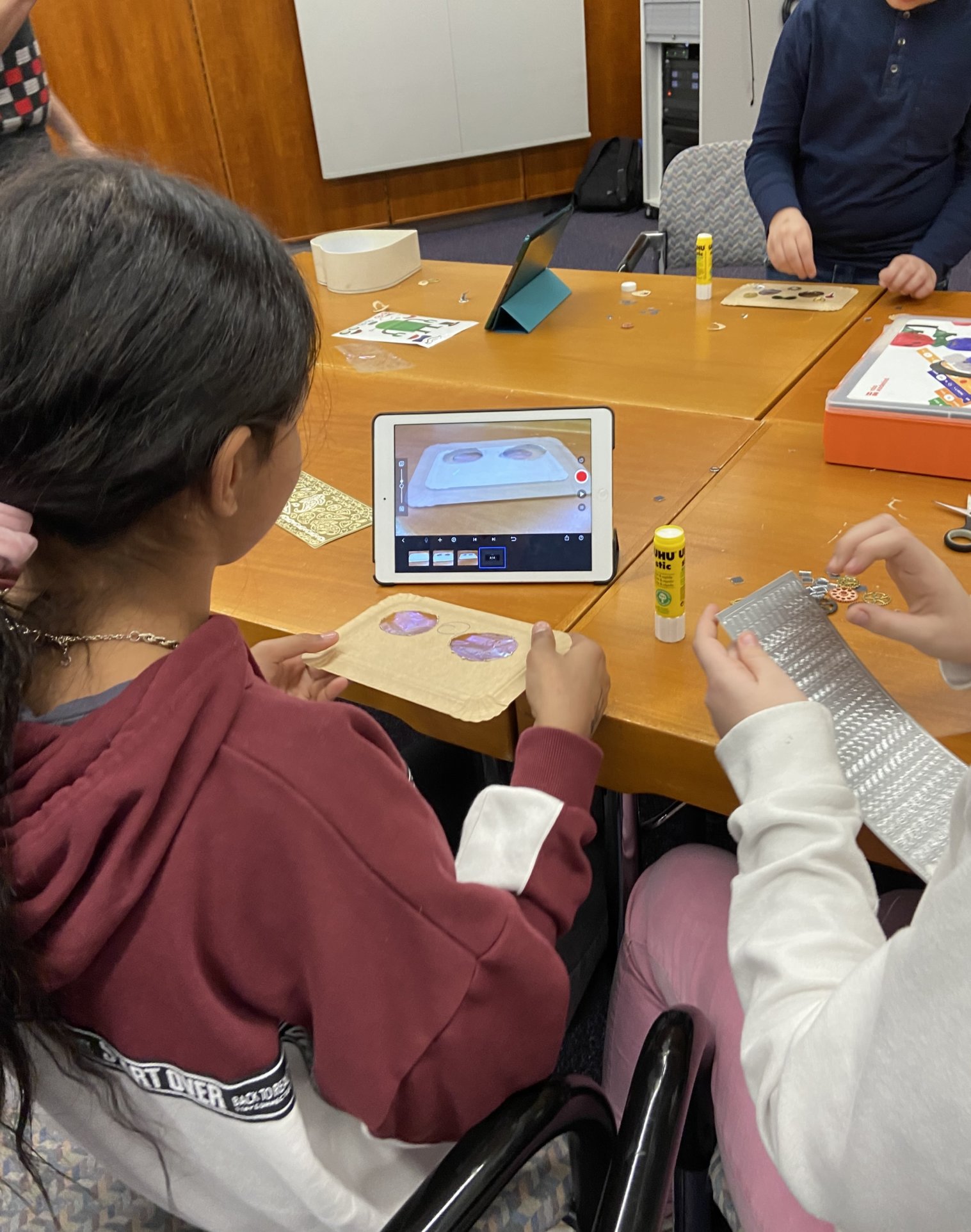The three questions of the digital education revolution
“The digital education revolution is an old discussion and also a new one,” said Jörg Dräger, board member of the Bertelsmann Foundation and former Minister of Education of Hamburg. After all, educational technologies that support learning were already a big topic before the Corona crisis. The pandemic has given new impetus to the discussion about the use of edtech, or educational technology.
According to Jörg Dräger, when talking about edtech, one has to consider three core elements: What can and should educational technologies teach pupils? How can they help to meet the individual needs of learners? And how can edtech help us to recognise whether a person has the necessary competences for a job?
edtech teach soft and hard skills
Jörg Dräger answered the first question – “What?” – with an example. The Eliot School in Boston taught robotics to children in different grades in an age-appropriate way. In the first grade, the five-year-olds were given the task of building a chair out of Lego bricks for a tired stuffed tiger so that it could rest. The children learned about statics and problem-based learning. In the second and third grade, the children built fairground equipment with Lego bricks in a group exercise. They learned about collaborative work and centrifugal forces, dynamics and motors. The task for the older children in 4th and 5th grade was to build a robot that could drive over unknown terrain without losing a ping pong ball.
All these exercises were not only about teaching coding and robotics, but also about skills such as resilience, creativity, problem-solving and collaboration – 21st century skills. “Educational technologies manage to combine the teaching of technical skills and competencies that are in demand in the 21st century,” said Jörg Dräger.

Personalised learning with edtech
Educational technologies can not only better prepare teaching content, but also tailor it to personal needs. Every learner has his or her strengths and weaknesses and his or her own learning pace. How edtech can be used to promote personalised learning is shown by an example of a New York school with children from socially disadvantaged families. The school has revolutionised mathematics teaching with the non-profit organisation School of One. Not only were lessons digitised with learning videos, games and simulations, but also an individual curriculum for the next day was created for each student by analysing the usage data of the digital teaching materials. The children at this school learned maths content 50 per cent faster than the American average. This is a good example of how question 2 – how edtech can address the needs of learners – can be answered.
Identifying and measuring competences
“The third question – where to? – is often neglected. The fundamental question here is: Can I use educational technologies to predict whether someone will be successful on the job or not?”, said Jörg Dräger. “Because a university degree or other certificate is not a good predictor of whether someone is good at programming, for example.” But it is still the case that people without a degree are more often affected by unemployment, even if they have necessary skills for a job, than people with a degree.
AI-powered technologies can make a person’s skills measurable. The Silicon Valley company Knack’s has developed the computer game “Wasabi waiter” for this purpose, which can filter out various competencies, such as empathy and learning from mistakes, in people in just a few minutes. In this way, companies can find staff who are suitable for certain positions, regardless of their educational background.
Jörg Dräger concluded: “These are the three core elements – the What? How? And Where? that edtech can help us with and that we also have to take care of.”
More articles
The following articles might also interest you.

This is the EdTech Austria Team: Project Manager Magdalena Gärtner
25. July 2024

Keep calm and keep learning: The EdTech Future Journey 2024
23. April 2024

This is the EdTech Austria team: Project Leader Jools Turrell
15. February 2024

ISTE Seal: The Seal of Approval for Digital Learning Tools
20. December 2023

Programming made easy: Coding Day 2023
27. November 2023
